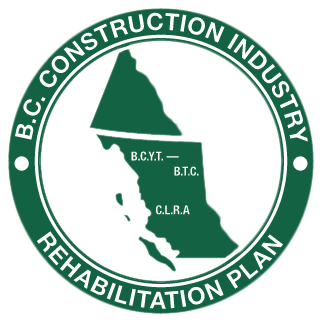So you’re thinking of counselling?
First and foremost you do NOT have to talk about anything you don’t want to talk about! People sometimes believe that they will be ‘forced’ to talk about painful/traumatic experiences in counselling, this is not the case!
Now you’re wondering “well if I don’t tell them what’s wrong, how can they help me?!” Well, here’s the beauty of counselling… the first thing we do is teach you how to ‘contain’ painful emotions. We teach you how not to talk about traumatic experiences. The reason for this is that as you’ve probably already experienced talking about things, if not done in a ‘safe’ & ‘therapeutic’ way can make things worse! You may feel like you need to use, or worse still hurt yourself or others!
We teach you skills that help you to ‘put away’ painful memories ‘just for now’ so that you can continue with your day, go to doctors appointments, meet with support workers etc.
We also know that sometimes you come into contact with organisations and people where you may have to ‘tell’ your story. But! This in and of itself can be really difficult and painful and can retrigger or bring on trauma memories. So, we also teach you how to ‘tell’ your story to professionals, so that they can gather the information they need and you can stay ‘safe’ and not become overwhelmed by painful feelings
So right about now you might be thinking “wait a minute, so if I can just ‘put away’ these memories/emotions then why do I need to continue with counselling after I’ve learnt these skills?” Good question! Well the short & simple answer is that these skills are ‘short term’, they help you to function day to day, but ultimately the underlying trauma, the ‘thing’ that you are struggling with still needs to be ‘counselled’ or else the skills that you’ve learnt will become less effective over time.
Counselling works by helping you to ‘discharge’ painful and trapped emotions/memories. This can be done either by actually talking about the trauma(s) or! By talking ‘around’ the trauma. But remember this only happens once your counsellor and you feel sure that you are able to contain emotions/memories using the skills you will have learnt, once you leave the counsellors office.
Here’s a little bit of information explaining why ‘talking’ in counselling about/or around trauma is helpful and healing!
You may already have ‘re-experienced the trauma’ and found this incredibly distressing, but! Re-experiencing is not only a source of upsetting symptoms but, also, evidence of the mind’s attempt to heal itself. Counselling can teach you to process this ‘re-experiencing’ in a healthy and healing way
Unresolved memories of the trauma usually have to be talked about and re-experienced, or else they may not be processed and will be more likely to keep coming back as symptoms such as flashbacks.
Although you may not, understandably, like to think about what happened, and may have been avoiding upsetting feelings about the trauma, such avoidance often serves to keep the symptoms alive
If you can talk enough about what happened, the pain and fear associated with the trauma is likely to decrease
It’s important to note that talking about trauma is associated with some level of distress But! The intention is never to leave you with acute stress.
Also some people who undergo exposure experience a slight increase in flashbacks, nightmares, and distressing feelings between sessions, this is normal and usually not a bad sign. At the same time please tell your counsellor if and when this occurs, so that he/she can monitor whether exposure has been too intenseYour counsellor will work to keep the discussion of these memories from overwhelming you. You can stop talking about any given memory if it becomes too upsetting. Remember! You only need to talk about as much or as little you are comfortable with.

